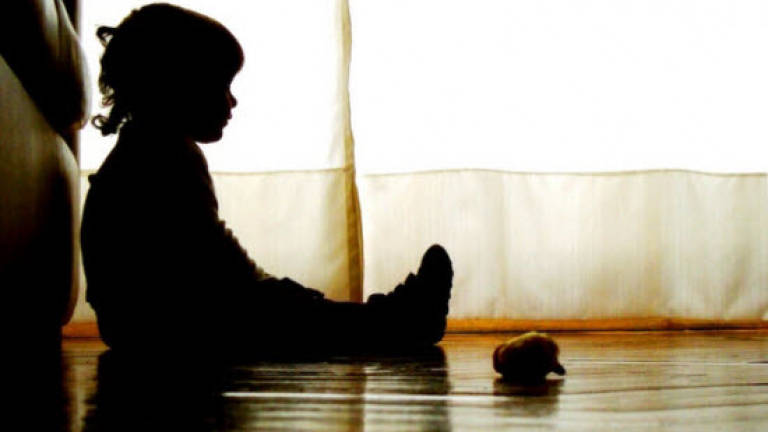Four main motivators of child marriage identified in Malaysia

KUALA LUMPUR: The four main factors that lead to child marriages in Malaysia are low household income, lack of parenting support interventions, lack of access to education and lack of access to sexual and reproductive health education (SRH).
These are the findings of a study that was commissioned by Unicef Malaysia and authored by Universiti Kebangsaan Malaysia (UKM) Professor of Law in Family, Women and Children, Prof Datuk Noor Aziah Mohd Awal and Mohd Al Adib Samuri, a lecturer at the Syariah Law Department, Faculty of Islamic Studies, UKM.
Noor Aziah told Bernama at the sideline of a Forum entitled 'Child Marriage Study: Analysis, Drivers and Recommendations' organised by the Institute of Strategic and International Studies (ISIS) Malaysia in collaboration with Unicef, here, today that a clear minimum age of 18 for marriage had to be set for girls and boys.
She said there should be no exception to this age limit in legislation for all legal frameworks in Malaysia for Muslims, non-Muslims, Bumiputra of Sabah and Sarawak and the orang asli of Peninsular Malaysia.
"A priority call to action should be on legislation, recognising that a supportive legal framework is needed to end child marriage, and the government also should consider several recommendations to end child marriage in Malaysia," she added.
Based on the study that examined child marriage within Malaysia's Muslims, non-Muslims, indigenous and refugee communities, Noor Aziah outlined four recommendations to address the main drivers of child marriage in Malaysia.
Firstly, she said, the Ministry of Education, Department of Social Welfare and the state zakat institutions should create special fund for children from the low household income families to pay for extra schooling cost.
Secondly, the National Population and Family Development Board, Department of Social Welfare and the Malaysian Islamic Development Department (Jakim) should organise seminars or workshops for parents of adolescent children, she said.
She said this was to emphasise the importance of keeping children in school, ensuring that they had access to information and services regarding SRH issues and provide counselling services for parents with children having Sexual and Reproductive Health issue.
Thirdly, she said the Ministry of Education and Unicef Malaysia had to ensure access to quality education for children, create an effective policy to empower pregnant girls at school and improve the quality and availability of education for girls in addressing lack of access to education and poor school attendance issues.
Lastly, she said, all ministries, as well as the media, should cooperate in the issue of lack of access to SRH education by investing in quality sexual and reproductive education for children, provide a comprehensive school-based sexual health education and increase access to health information for children.
Noor Aziah said future study and research on child marriage should have more data and evidence on the prevalence with statistics to indicate numbers and causes.
It should also includes data involving married pregnant girls below 18 years old present at hospitals and district health clinics, she said, adding that a long-term study on the effect of child marriage in terms of health, reproduction, psychology and wellbeing could yield more accurate results.
Recently, Deputy Prime Minister Datuk Seri Dr Wan Azizah Wan Ismail, who is also Women, Family and Community Development Minister, said the government was in the midst of deliberations on raising the minimum age for marriage for boys and girls to 18.
This followed a report on the marriage of a 41-year-old local man with an 11-year-old Thai girl which went viral on social media and triggered public outrage. — Bernama